There are many types of IT support available for a business, and the two most common are “managed services” and “block hours support.” In this article, we’ll look at what these are, the advantages and disadvantages of each, and which one might be right for you.
What Is Block Hours Support?
With block hours support, you pre-pay a single provider for a certain amount and type of service. It’s usually a “block” or fixed number of hours, but it can also be a fixed dollar amount or an amount for a specific project.
What Are the Advantages of Block Hours Support?
Block hours support is usually cheaper than hiring your own staff. The provider has skilled staff with up-to-date training, so they can quickly and efficiently handle your needs. Your provider can also give you a bulk discount when you purchase more hours at a time.
And with a block hours agreement, you pay only for what you need. For example, you can save money by maintaining only the infrastructure and staff you need when you need it. That allows you to avoid a closet full of expensive hardware that you thought you were going to need or staff that don’t have enough to do.
What Are the Disadvantages of Block Hours Support?
Block hours support is what’s called a “break/fix” type of service. In other words, your provider isn’t usually involved until you have a problem. You wait until something goes wrong, and then call your provider to fix it.
That doesn’t give you the advantage of constant monitoring and management that can prevent problems before they start. That’s especially important for things such as cybersecurity, where it’s best to detect an attack and prevent damage instead of trying to fix it.
In addition, everyone’s IT operations are unique, so it helps to have someone who’s familiar with your setup when you need help. But a block hours support provider usually can’t guarantee that you’ll always get the same technician or even the best technician for your job. That means your service might be slower or less effective than a more comprehensive approach.
Reacting to a problem after it occurs also means you could experience more downtime. It could be hours before your provider can respond to your call and fix the problem. If you can’t afford to wait, you probably need a more proactive solution.
What Are the Advantages of a Managed Services Agreement?
With a managed services agreement, you typically have the option of more comprehensive services. For instance, instead of just reactive troubleshooting, your provider can continuously monitor and manage your processes such as cybersecurity.
They can also provide more “premium” services, such as more comprehensive management and even strategic planning.
What Are the Disadvantages of a Managed Services Agreement?
Compared to “block hours support,” the main disadvantage of a managed services agreement may seem like it is cost, however in the long term this often works out to be more cost effective. Typically, larger organizations use more services, so this isn’t an issue for them, but for smaller businesses, it could be that contracting for managed services is overkill that could cost you money.
Which Solution is Right for You?
Block hours support works well if you don’t have a very large or complex operation, and you can afford the downtime you might experience when a problem arises.
Larger organizations can take advantage of premium services to help them save more on their operations.
Want help with all of this? Talk to the team at Ultra IT
